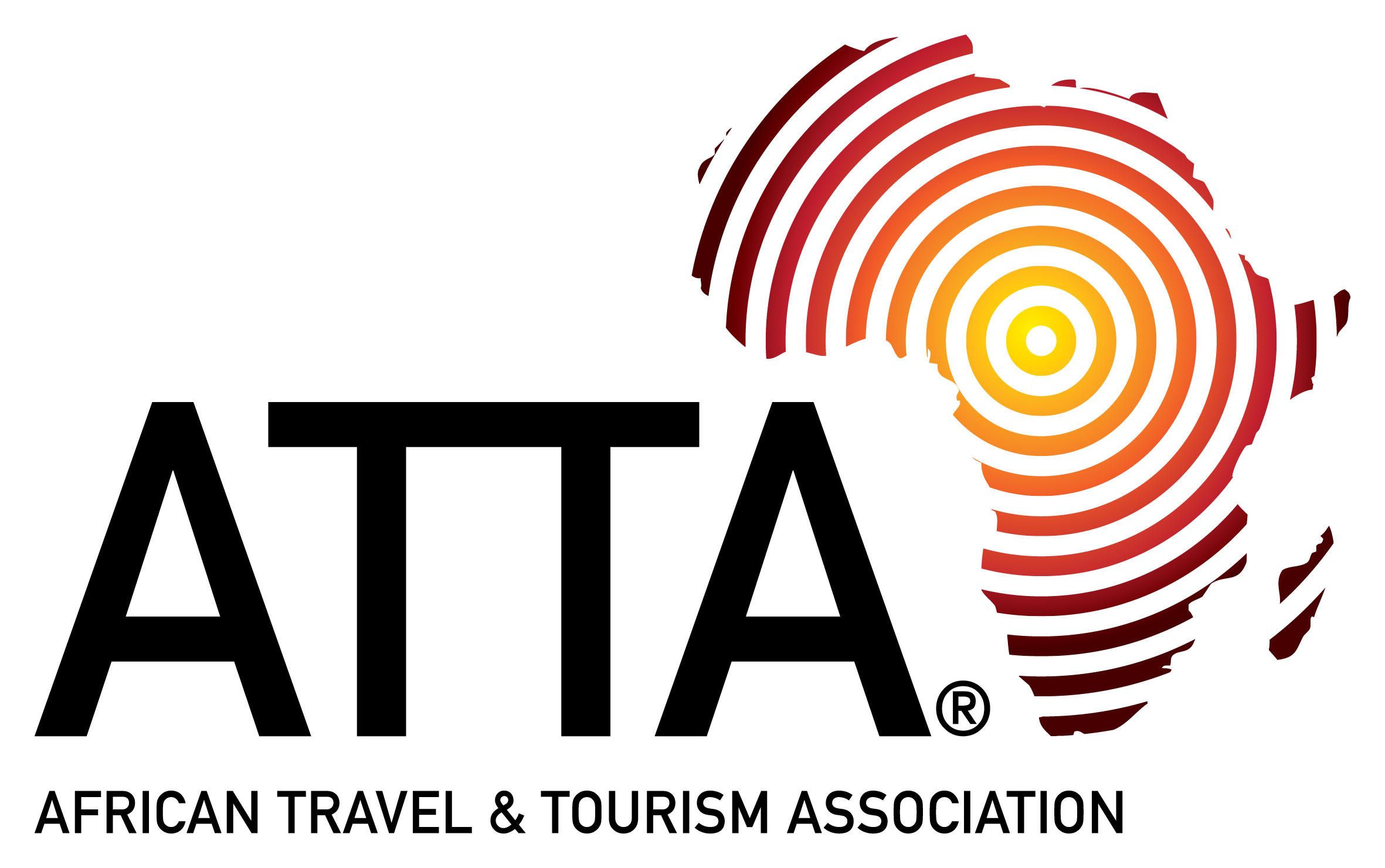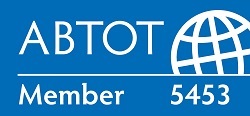Teachers
It is not essential that teachers accompany their pupils on their school expedition, but there are plenty of benefits in choosing to do so, for both teachers and students.
How do teachers benefit?
School expeditions provide teachers with an opportunity to engage with their students outside the confines of the classroom, to step aside from their normal position of authority and participate in a joint adventure with their students, the shared experience of which can help to strengthen bonds of trust and understanding. This, we believe, can have a very real and beneficial impact on student-teacher relationships in the schoolroom.
School challenges allow teachers to provide their pupils with new experiences that extend beyond the school curriculum. Students will explore new environments, engage with unfamiliar cultures, and meet with others across cultural and national boundaries - all valuable learning opportunities that cannot be gained in the classroom. This isn't to say that we see our school expedition programmes as being completely divorced from the school curriculum. Though an essentially extra-curricular activity, our school expeditions can easily be tailored to complement school studies. With plenty of scope to focus on particular subject areas - whether foreign languages, history, biology or RE - school challenges can really help teachers to bring the school curriculum to life in meaningful ways.
Finally, it shouldn't be forgotten that completing an expedition is a very real personal achievement - our expeditions are designed to be tough, and should represent a genuine challenge for teachers and students alike!
What role do teachers play preceding the expedition?
Teachers only need to be as involved with the pre-trip preparations as they wish to be. Once an itinerary outline has been agreed, Gane and Marshall will handle all planning, administration and accounting in advance of the expedition*, so as not to interrupt busy teaching schedules. Normally a single teacher will act as a point of contact between Gane and Marshall and the school they represent, helping to recruit and prepare students, and liaise with parents.
*LEA applications (UK schools only) are the exception, as these must be completed and submitted by your school. We usually advise that a single teacher takes responsibility for the LEA application. At Gane and Marshall we are familiar with the processes involved, and will be able to help by providing all necessary information for the LEA application, including risk and threat assessments.
What role do teachers play during the expedition?
There are no particular prerequisites or qualifications that teachers need to have before joining one of our expeditions, nor will they be expected to take on roles or responsibilities during the challenge that they may be unfamiliar or uncomfortable with. We employ qualified expedition leaders, medics and support staff on all of our challenges to ensure that they run smoothly, leaving teachers free to dedicate themselves to their students, making sure that they are kept keen and motivated (and well-behaved!)
Many of the teachers that join our challenges are well-travelled and comfortable in an expedition environment, but for others it is an entirely new experience. This is fine, indeed arguably a good thing, so far as it leads to greater empathy between teacher and students as they take on the same shared challenge. We can advise on training courses, including first-aid training, to those teachers who wish to take them, but it is not essential that you do so.
Parents
Parents, too, can play a role in the planning and preparation for their child’s expedition. They may, for instance, choose to help with fundraising, or they may wish to join their child on a training weekend.
Parents should feel free to contact us at any time during the lead-up to the expedition if they have any concerns, and are encouraged to attend one of our school presentations or workshops to learn more about our operation.
A successful Kilimanjaro summit climb
A quick note of thanks for what was a superb, once in a lifetime experience, very well organised and executed.



